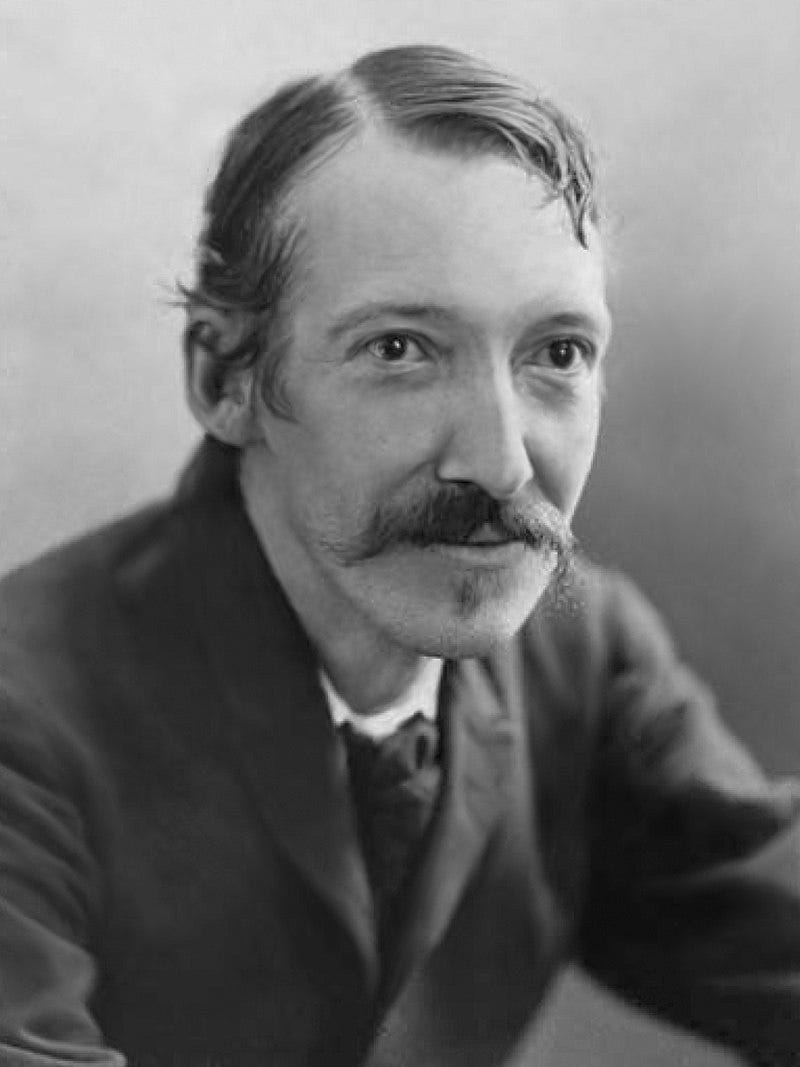“Don’t judge each day by the harvest you reap but by the seeds that you plant.”
Robert Louis Stevenson
“Don’t judge each day by the harvest you reap but by the seeds that you plant.”
Robert Louis Stevenson
Robert Louis Stevenson, born on November 13, 1850, was a Scottish novelist, poet, and travel writer known for his vivid storytelling and adventurous spirit. His most famous works include Treasure Island, Strange Case of Dr Jekyll and Mr Hyde, and Kidnapped. Stevenson's writing often explores themes of adventure, morality, and the complexities of human nature. Despite battling chronic health issues throughout his life, he remained a prolific writer and traveler, leaving behind a legacy of classic literature that continues to captivate readers of all ages.
The quote, "Don’t judge each day by the harvest you reap but by the seeds that you plant," encourages a shift in focus from immediate results to long-term growth and effort. Stevenson suggests that instead of measuring the success of our days by the tangible outcomes or achievements we can immediately see, we should consider the actions we take to lay the groundwork for future success. This perspective emphasizes the value of patience, consistency, and the often unseen work that goes into creating meaningful and lasting change.
In many areas of life, we are conditioned to seek quick results and instant gratification. We often judge our days by how much we have accomplished, how many goals we have achieved, or how productive we have been. However, this mindset can lead to frustration and discouragement, especially when the fruits of our labor are not immediately apparent. Stevenson's metaphor of planting seeds encourages us to adopt a more patient and process-oriented approach, understanding that growth and success often require time, nurturing, and persistent effort.
Planting seeds is a hopeful act; it involves investing time and energy into something that will not bear fruit right away. It requires faith in the process and trust that the efforts we make today will contribute to a larger outcome in the future. Whether it’s in personal development, relationships, career, or any other aspect of life, the daily actions we take—no matter how small—are the seeds that will eventually grow into a harvest. This could mean practicing a skill, cultivating a habit, building relationships, or working toward a long-term goal. The results may not be visible immediately, but each small step is a vital part of the journey.
Stevenson's quote also highlights the importance of intention and the impact of our actions on the world around us. By focusing on planting seeds, we become more mindful of the kind of energy and effort we are putting into our lives and our communities. It invites us to consider what we are contributing to the future, not just what we are getting out of the present. Are we planting seeds of kindness, generosity, and creativity? Are we investing in our growth and the well-being of others? These are the questions that shape the legacy we leave behind.
Moreover, this perspective fosters resilience. When we focus solely on the immediate harvest, we are more likely to feel discouraged by setbacks or lack of visible progress. However, if we measure our days by the seeds we plant, we can find satisfaction in the act of effort itself, knowing that every seed planted is a step toward something greater. This mindset helps us to persevere through challenges and to maintain a sense of purpose and direction, even when results are not yet evident.
In essence, Robert Louis Stevenson's quote offers a profound reminder to value the process over immediate outcomes. It encourages us to take a long-term view of our efforts and to find meaning in the small, daily actions that contribute to our growth and the betterment of the world around us. By focusing on planting seeds rather than reaping the harvest, we cultivate patience, resilience, and a deeper sense of fulfillment in the journey of life.




